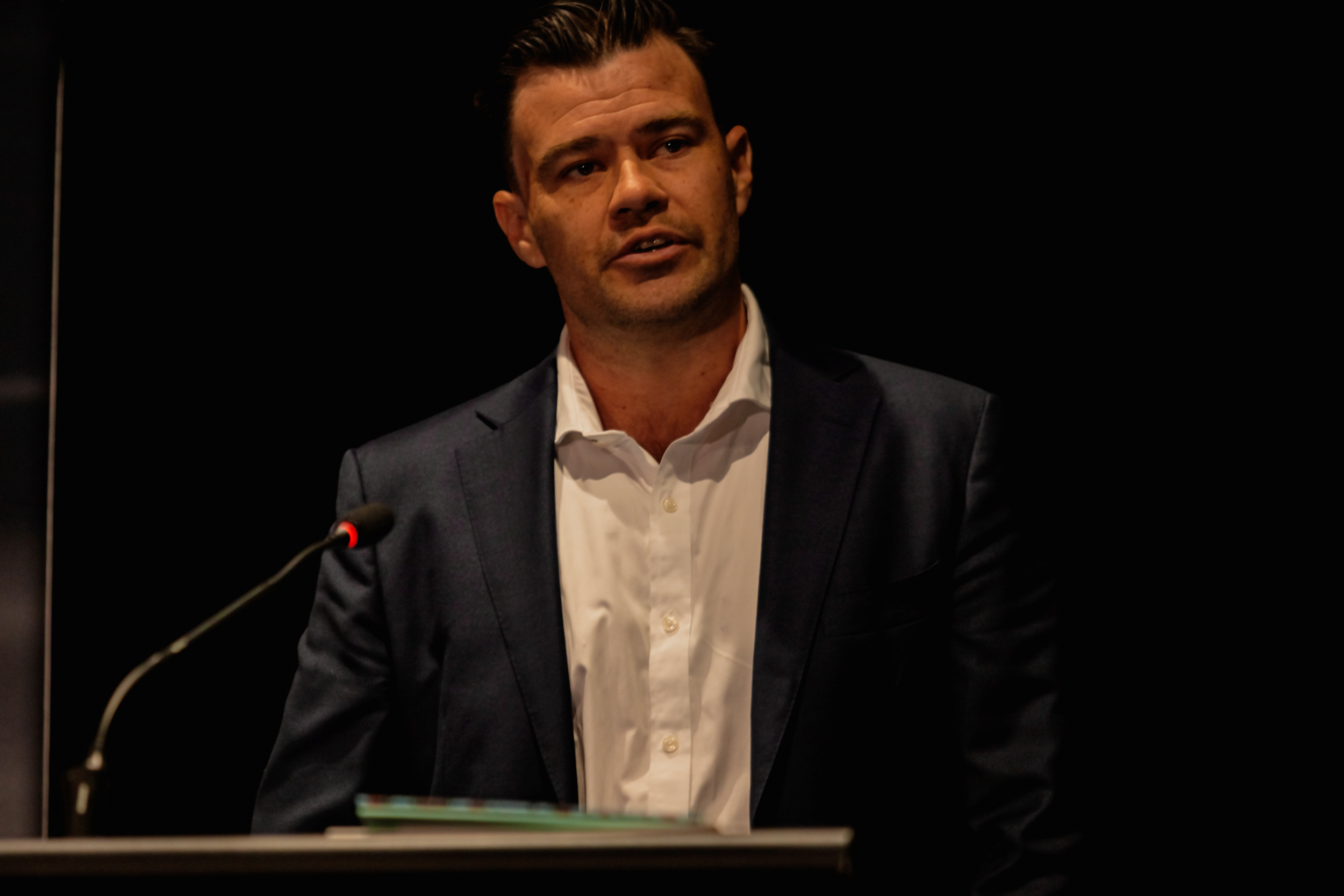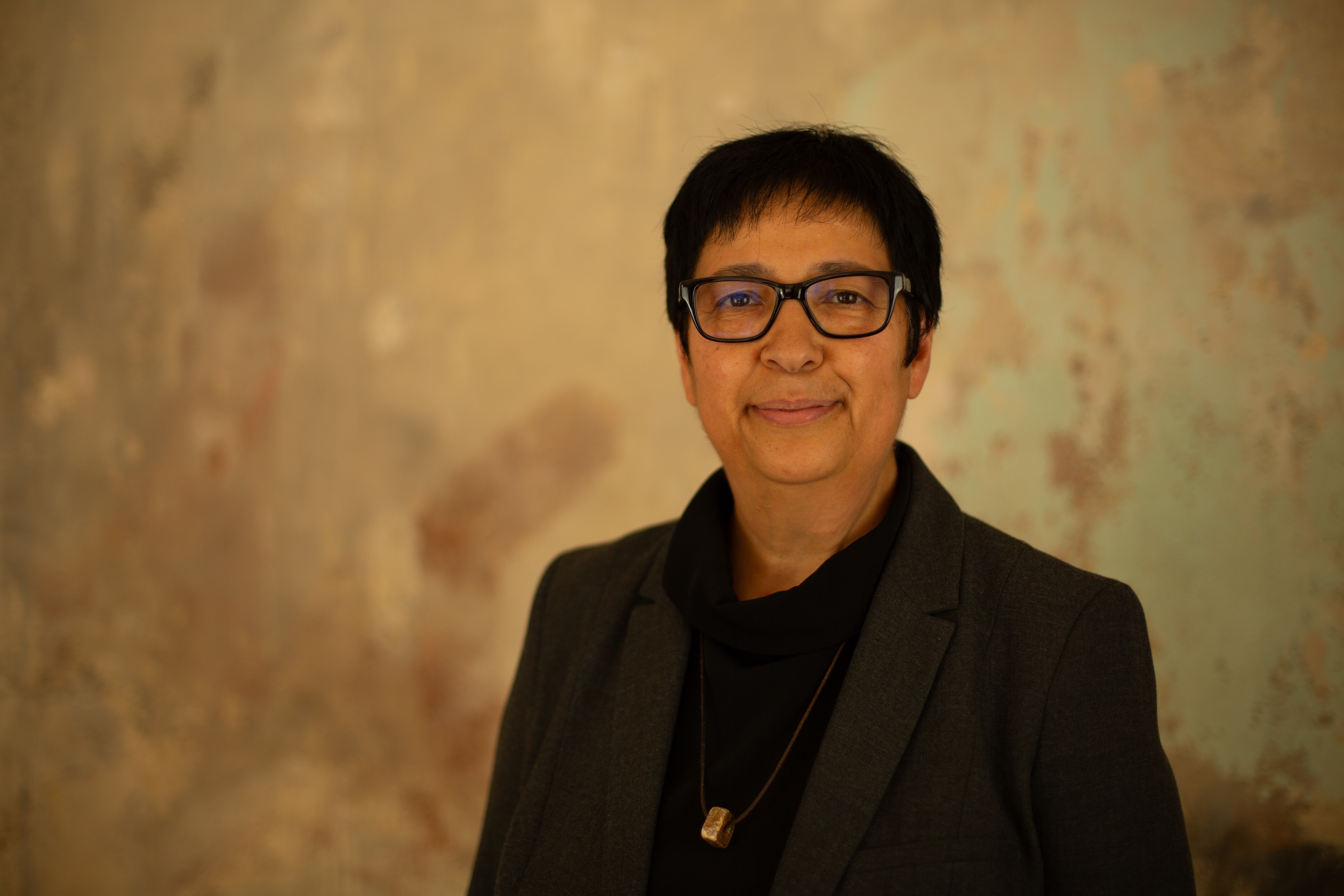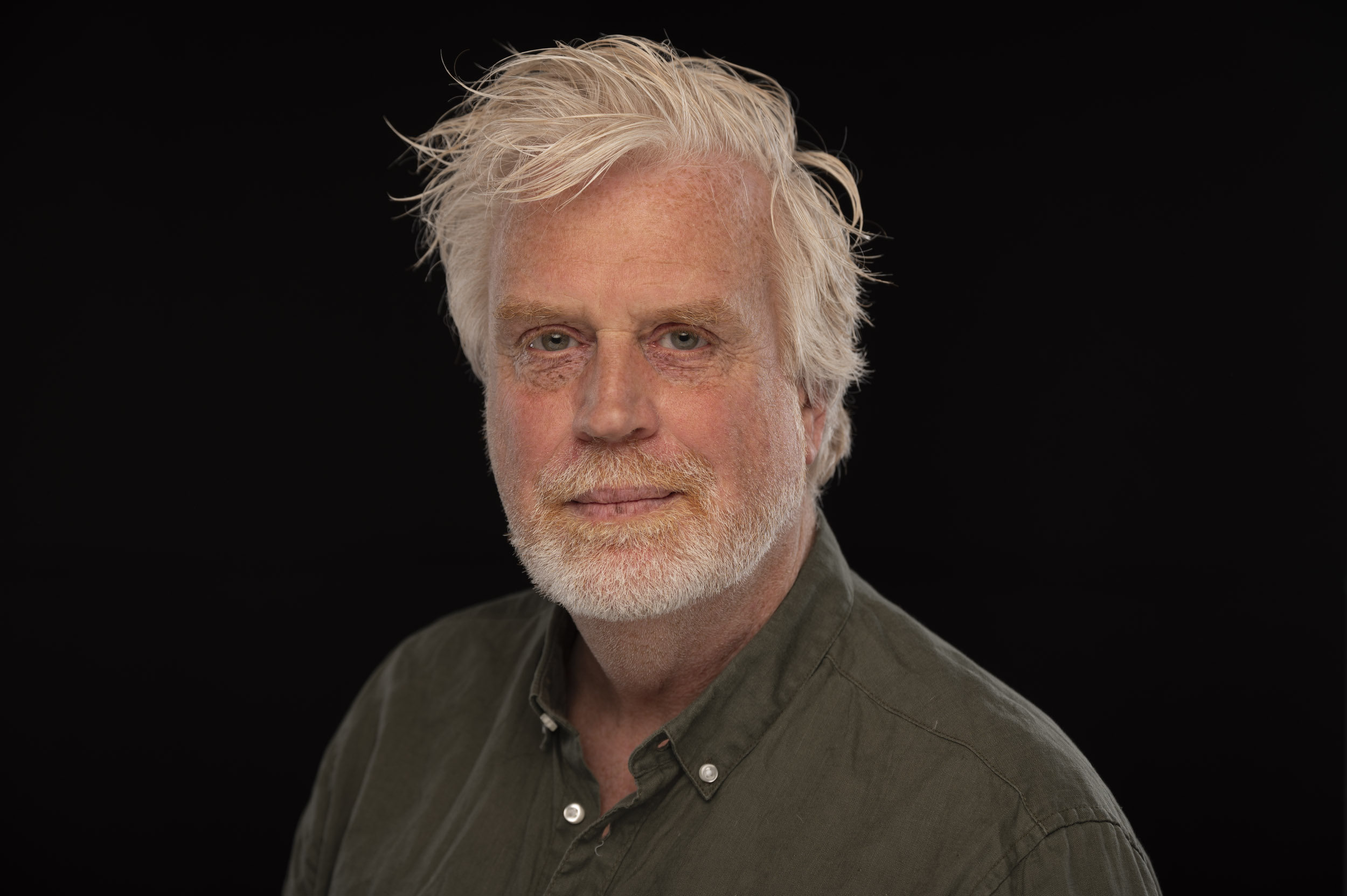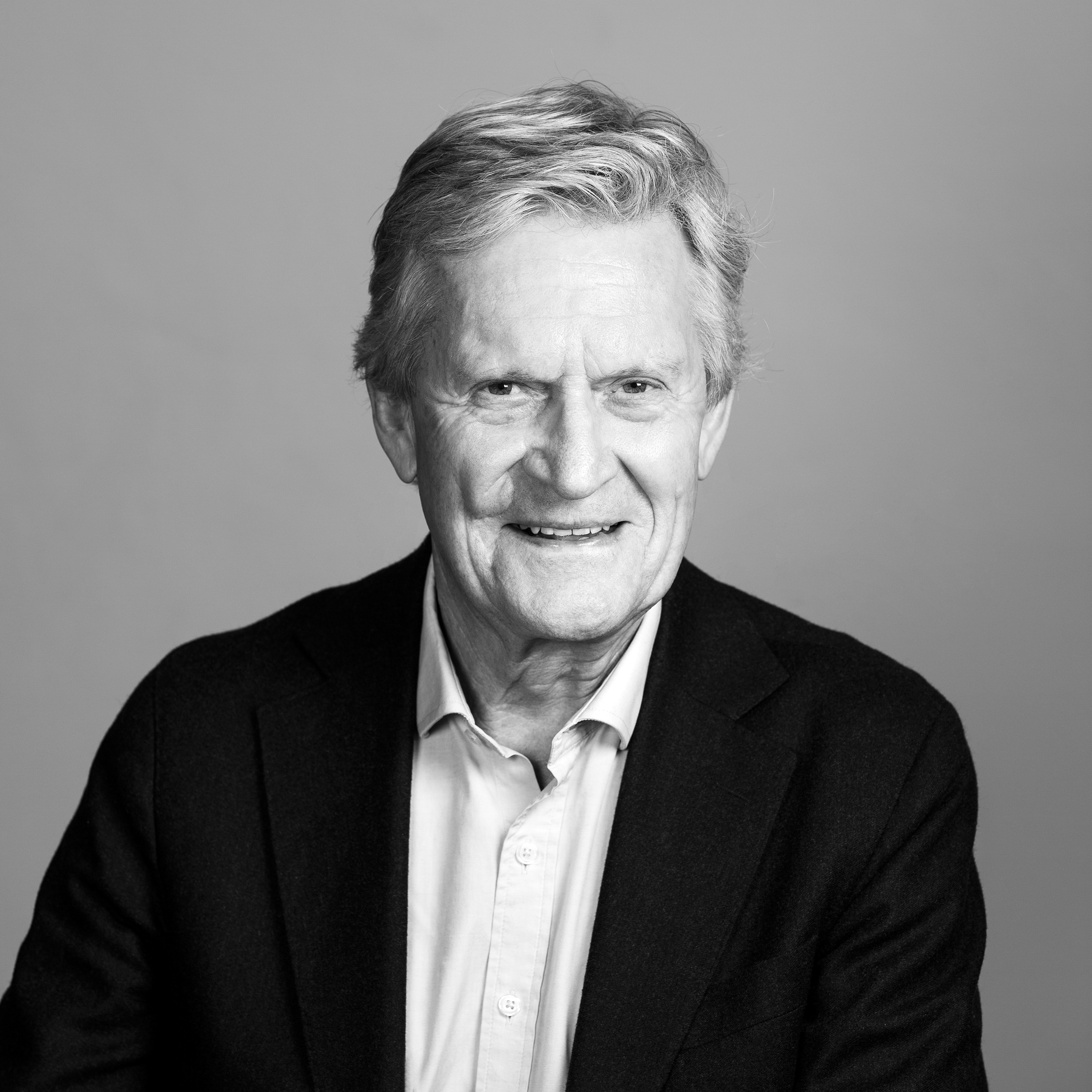Literacy – A Precondition for Democracy
June 2, 2025
Project presentation by Kristenn Einarsson, WEXFO: “Democracies Depend on Reading” will be launched this autumn. Although this is a European funded project, it will be organized as a global network. This breakout session will bring you up to date on the development, and through the following workshop you are invited to influence the design of the project. WEXFO is one of the partners in the project.
The breakout session will include a panel featuring lawyer and Muslim feminist Seyran Ates, CEO Indigenous Literacy Foundation, Ben Bowen, Director of GSR Foundation, Luis Gonzales, and psychologist adnd professor Wilhelm Friedrich Admiraal.
The panel will be moderated by editor of Publishing Perspectives, Porter Anderson.
''Democracies Depend on Reading'' project description:
Nearly three-quarters of the global population now lives under autocratic regimes. Disinformation, polarization, and autocracy fuel one another in a dangerous cycle. As Europe and other regions strengthens its external borders, a significant share of public resources will be directed toward reinforcing border security. Yet an equally critical front lies within: the defense of democracy itself. Democracy depends on citizens who are informed and who engage in shaping society based on knowledge and understanding. And informed citizens are, first and foremost, reading citizens. Reading remains democracy’s most powerful tool and freedom’s strongest defense. The project DEM READ! Democracies Depend on Reading is based on the vital role that reading plays in securing the future of our democracies. It is an absolute prerequisite for our continuation of democracy that we greatly enhance our efforts to promote reading. Reading must be defined in the broadest sense and must include reading, interpreting, and evaluation skills, as well as an understanding of source criticism. The aim is not only that one reads, but also is able to find information, knowledge, ideas, and reflections of value.
“The Ljubljana Reading Manifesto” (LRM) is a call for defining reading and reading promotion as cornerstones of a democratic society. Reading strategies for the future must be rooted in a necessary and ambitious democracy development project, both on a national and a European level. As stated in LRM: “Today’s sophisticated society is not just the product of reading; it depends on reading for its future survival and continued resilience”. We need to “Appreciate that reading is our culture’s central training technique for cognitive and social behavior and a precondition for a properly functioning democracy”.
To establish a coordinated approach in Europe, a pan-European project has been established. The project involves key academic centers for reading and publishing studies, organizations working in the field of reading promotion and democracy building, school owners, teachers and pupils, producers of content for formal and non-formal education and media. Other art forms (music, painting, gaming, performing etc.) will also be considered. The project draws on the pan-European experience of both the academic world and those that work in the field and will connect to other regional activities globally.
The aim is to generate new knowledge and understanding, develop strategies, methods and innovative solutions, as well as policy recommendations. The project will deliver impacts on policymaking, civic education, and the experimentation with democratic innovations by practitioners and public institutions. It will influence formal and non-formal learning.
Activities will be tried out locally and mostly in more than one country. The project will cooperate with selected “spearhead cities”, a model for this is being tested out in Lillehammer, Norway. Advisory groups, including all stakeholders, will be established locally and nationally. Best practice will be shared quickly to establish national practice and pan-European suggestions. This will also be shared internationally. We will ensure a quick dissemination of results and feedback on possible gaps in democracy and governance related research and innovation.
The project will have three phases from now until the end of 2029. Partners in the first phase of the program are OsloMet (Oslo Metropolitan University), Norway, Johannes Gutenberg University, Germany, GSR Foundation, Spain, University of Ljubljana, Slovenia, Škrateljc, Slovenia and located in Norway, World Expression Forum (WEXFO). More partners will join in the second phase.
Participating in this event

Ben Bowen
Ben Bowen is the CEO of the Indigenous Literacy Foundation, which was awarded the ALMA Pr...

Luis González
Director of GSR Foundation (Spain), Vice-president of Spanish Association of Foundations....

Porter Anderson
Porter Anderson ( PorterAnderson.com ) BA, MA, MFA, is Editor-in-Chief of Publishing Pers...

Seyran Ates
Seyran Ateş was born in Istanbul in 1963 to a Turkish mother and a Kurdish father and is...

Wilhelm Friedrich Admiraal
Wilfried Admiraal is a psychologist and full professor at the Centre for the Study of Pro...

Kristenn Einarsson
Consultant, managing director of World Expression Forum AS, chair of the Freedom to Publi...

